The IRS has been wanting to tax the redemption of airline miles or credit card points for years, and although they haven’t succeeded yet, there are still strategies to be aware of.
Some common examples of credit card rewards that do not need to be reported as income are cash-back programs, travel miles bonuses, accumulated points towards future purchases, and credit card sign-up bonuses that require a financial transaction, such as making a purchase, to be realized. The IRS considers the redemption of these rewards a “discount” or a “rebate” on those purchases, instead of income to be taxed – how altruistic of them!
Now for the bad news – that “free” bonus or reward that you got just for signing up probably isn’t tax free.
Why? Because unlike with rewards that you earn as you make purchases when you get a bonus just for signing up, or switching cards, or opening a bank account, that bonus can’t be considered as a “discount” or a “rebate” of anything. You didn’t spend anything to get it, so it’s considered taxable income. Please also keep in mind that the sign-up bonus doesn’t have to be in cash in order to be taxable.
Anything you receive that isn’t tied to the actual use of the card, whether it’s cash, airline miles, tangible goods, Super Bowl tickets, or anything else, is going to be considered taxable income. And because banks and credit card companies don’t like running afoul of the IRS, you can count on receiving a 1099-MISC tax form in the mail for the value of bonus. If you don’t like running afoul of the IRS, you will in turn report that income when you file your personal tax return.
Be Strategic
Since your miles aren’t taxable income, and personal travel isn’t tax deductible, the most prudent and wise strategy is to ONLY redeem miles or points for ‘personal travel’. Another way of saying it is: take a tax deduction for business travel while earning miles you redeem ‘tax-free’ for personal travel!!
You should never redeem points or miles for business travel if you can avoid it. It’s not taxable income to earn points, and it’s not a write-off to redeem them as well. Thus, it’s best to redeem them for personal use when you can’t get a deduction anyway.
Finally, don’t ignore a 1099-MISC if your credit card company or bank sends you one in the mail. If you don’t understand why you received the 1099, call your credit card company. Remember, the points can be taxable when you earn points simply for signing up and not for using the card. If it turns out to be legit, then report the income and pay the taxes. Following this procedure will help you prevent a small annoyance (potentially paying taxes on a few hundred extra dollars in income) into a much bigger problem (an omission that you have to explain later to the IRS during audit).
In the meantime, enjoy that free travel and the tax write-offs when paying for business travel. When the IRS decides to change their policy on the redemption of points and/or miles, you’ll here about it here!!










